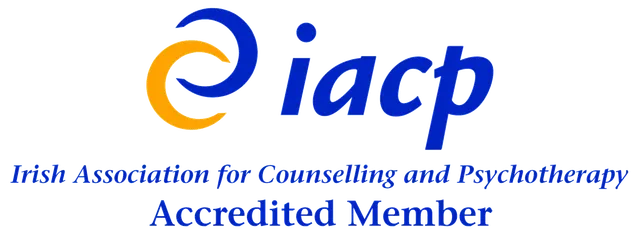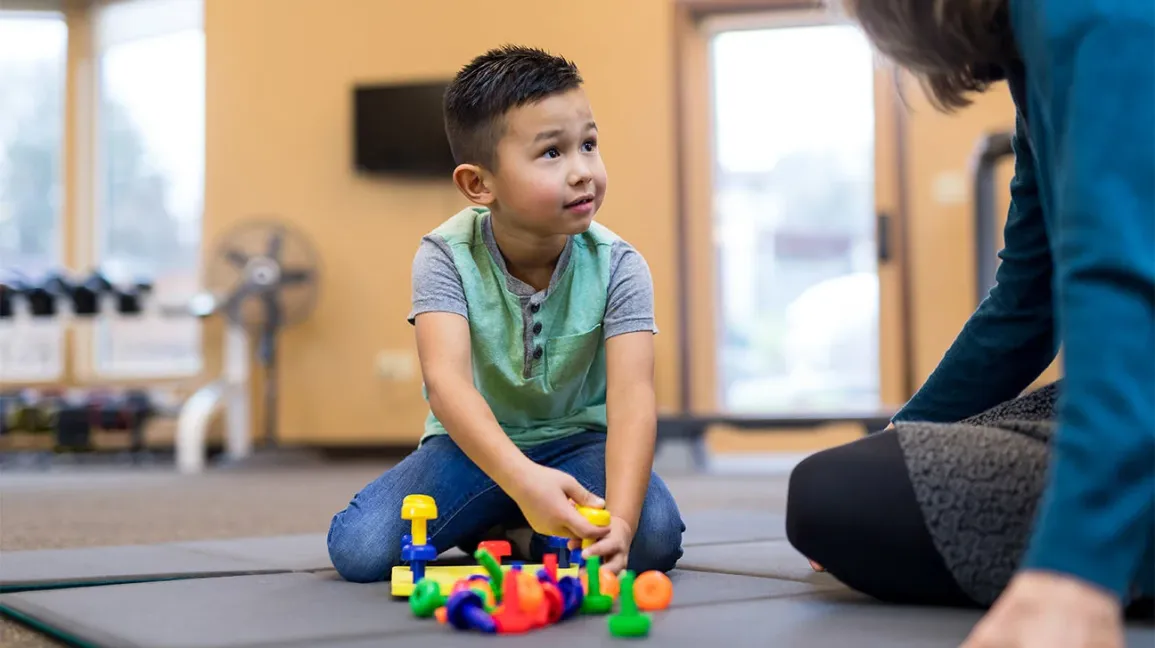My Expertise


Insurance
FAQ's
About Me
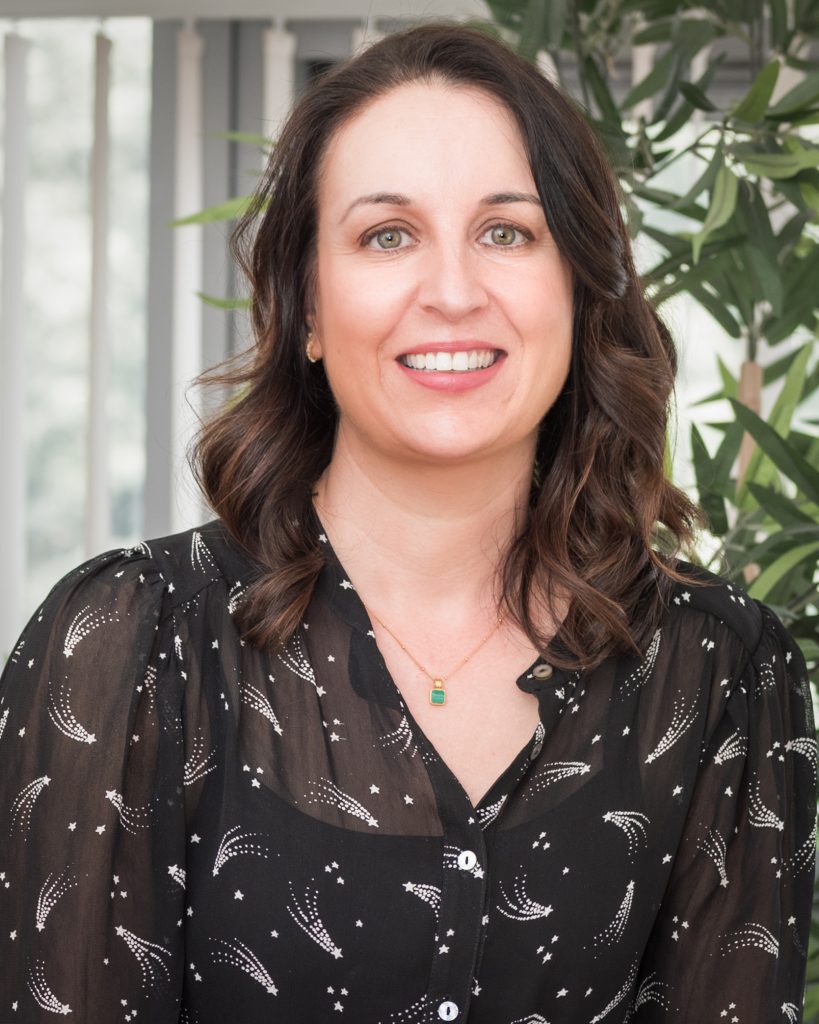
For over 20 years, I have been dedicated to supporting individuals, families, and children through life’s challenges. Passionate about creating a safe and nurturing space, I use an integrative approach to help clients navigate difficulties, build resilience, and foster personal growth. I hold a Higher Diploma in Integrative Counselling and Psychotherapy, a Diploma in Child Psychotherapy and Play Therapy, and a Professional Certificate in Cognitive Behavioural Therapy (CBT). My approach is tailored to each person’s needs, drawing from Solution-Focused Therapy, play therapy, and integrative techniques. I also have a special interest in fertility counselling and hold a Certificate in this area, providing support to individuals and couples on their fertility journey.
My qualifications also include ASSIST training and Children’s First certification, ensuring a safe and informed approach to crisis intervention and child protection. Committed to continuous learning, I engage in ongoing CPD professional training in trauma and neurodiversity with renowned experts such as Bruce Perry, Margot Sunderland, Paris Goodyear, Robert Jason Grant, and Lisa Dion. I also attend regular workshops with BICA(British Infertility Counselling Association, and PMHI(Perinatal Mental Health Institute).My work is informed by the latest research and therapeutic advancements to provide clients with effective, compassionate support. I am accredited with the Irish Association for Counselling and Psychotherapy (IACP) and the Irish Fertility Counselling Association (IFCA), upholding the highest professional standards in my practice. I am also a member of the Psychologists Protection Society (PPS).
No matter what you are facing—whether anxiety, trauma, relationship difficulties, fertility challenges, or neurodiversity related struggles—I am here to walk alongside you, offering support, hope, and practical tools to help you move forward.
WHAT I OFFER
MY SERVICES
 What to Expect in Therapy
What to Expect in Therapy
Whether you’re considering psychotherapy for yourself, play therapy for your child, or support around fertility challenges, beginning therapy is a meaningful step. The first few sessions are about creating a safe, supportive space where we can explore your needs and build a trusting relationship.
Psychotherapy for Adults
In your initial sessions, we’ll take time to understand your background, current concerns, and your goals for therapy. You’ll also learn about how I work, including my therapeutic approach, confidentiality, and practical details like session fees and scheduling.
It’s completely normal to feel nervous, unsure, or even overwhelmed at the start. There’s no pressure to “have it all figured out”—what matters is being open to the process and working together at your pace.

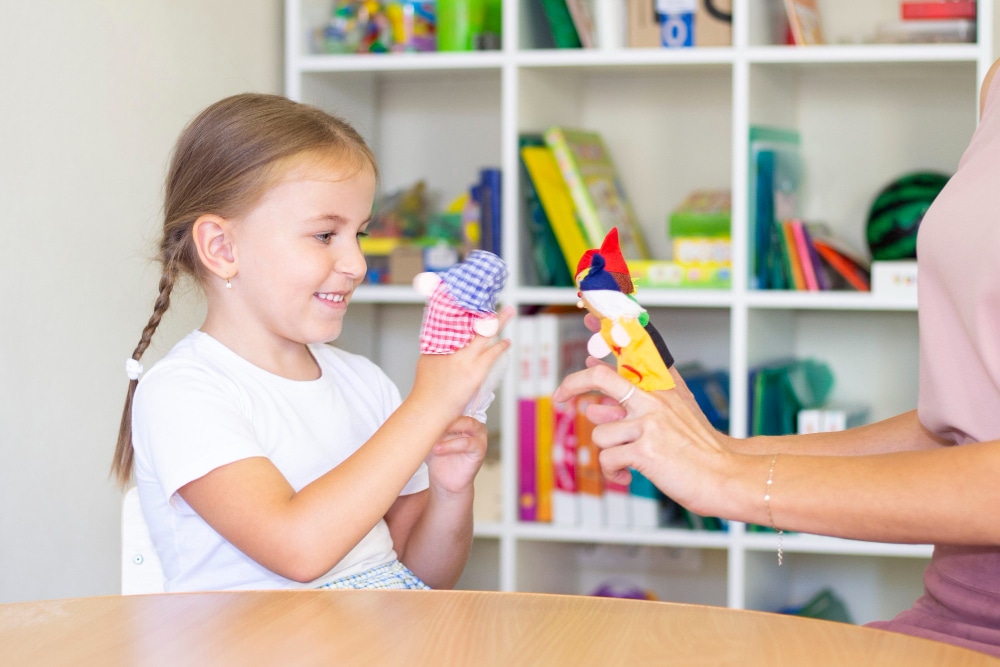
Play Therapy for Children
For children, therapy happens through play—because play is a child’s natural way of communicating. In the beginning, I’ll meet with you (the parent or caregiver) to understand your child’s history, current challenges, and what you’re hoping therapy will support.
I’ll explain how play therapy works, how your child might respond, and how I support you along the way. You may feel anxious or unsure about starting—this is normal, and you’re not alone. Play therapy is a gentle, developmentally appropriate way to help children express feelings, process experiences, and build emotional resilience.
Fertility Counselling
Fertility challenges often bring a deep mix of emotions—grief, confusion, hope, fear, and more. These early sessions are a place to pause, reflect, and feel truly heard.
Whether you’re facing difficult decisions, managing medical treatment, or grieving a loss, we’ll explore your story in a safe and confidential space. I’ll also walk you through how the therapy process works, and we’ll discuss things like confidentiality, support structures, and what you need most right now.
There is no right way to feel in fertility counselling. Honesty, vulnerability, and care are all welcome here.

Contact Me
For both of you
Fertility Counselling
Fertility counselling provides emotional and psychological support for individuals and couples facing fertility challenges, assisted reproduction, pregnancy loss, or family-building decisions. It offers a safe, compassionate space to explore feelings, manage stress, and navigate the complex emotions that often accompany fertility issues.
- Providing Emotional SupportProviding Emotional Support
- Reducing Stress & AnxietyCoping strategies to manage the emotional toll of fertility treatments and uncertainty.
- Navigating Relationship ChallengesHelping couples communicate effectively and support each other through the journey.
- Processing Grief and LossSupport for miscarriage, unsuccessful treatments, or childlessness.
- Decision-Making SupportGuidance around treatment options, donor conception, surrogacy, or alternative paths to parenthood.
- Coping with the Impact of Fertility TreatmentsManaging the emotional highs and lows of IVF, IUI, and other procedures.
- Supporting Alternative Family-Building RoutesExploring donor conception, surrogacy, or adoption.
What to Expect in Therapy
Fertility counselling offers a warm, supportive space where emotions can be explored openly. Sessions focus on understanding your experience, developing coping strategies, and providing the tools needed to navigate the emotional impact of fertility challenges. Whether you are just beginning your journey, in the middle of treatment, or coming to terms with a different outcome than expected, fertility counselling can offer comfort, clarity, and strength.
Mental Health
What is Psychotherapy for Adults?
Psychotherapy, often called talk therapy, is a collaborative process that helps individuals explore their thoughts, emotions, and behaviors in a safe, supportive environment. It provides a space to gain insight, develop coping strategies, and work through life’s challenges with the guidance of a trained professional.
- Anxiety & StressLearn tools to manage worry, overthinking, and feelings of overwhelm.
- Depression and Low MoodFind ways to rebuild motivation, improve self-esteem, and regain joy.
- Trauma and PTSDProcess past experiences in a safe way and develop coping strategies for triggers.
- Grief and LossWork through bereavement, relationship loss, or life changes with support.
- Relationship and Family IssuesImprove communication, set boundaries, and navigate challenges.
- Self-Esteem and ConfidenceBuild a stronger sense of self-worth and self- acceptance.
- Life TransitionsAdjust to changes such as parenthood, career shifts, or aging.
- Neurodiversity and Mental WellbeingSupport for ADHD, and other neurodiverse experiences.
- Fertility and Reproductive ChallengesCompassionate support for individuals and couples navigating fertility, pregnancy loss, or reproductive health concerns.
What to Expect in Therapy
Every therapeutic journey is unique, tailored to your personal needs and goals. Sessions may include:
✔ Exploring thoughts, feelings, and behaviors in a safe, non-judgmental space
✔ Developing tools to manage emotions, stress, and difficult life situations
✔ Identifying patterns and making meaningful changes
✔ Strengthening resilience, self-awareness, and emotional well-being
I integrate evidence-based approaches such as Solution-Focused Therapy, Cognitive Behavioural Therapy (CBT), and trauma-informed techniques to support clients in finding relief, healing, and personal growth. Psychotherapy is not just about working through difficulties—it’s also about self-discovery, empowerment, and creating a more fulfilling life

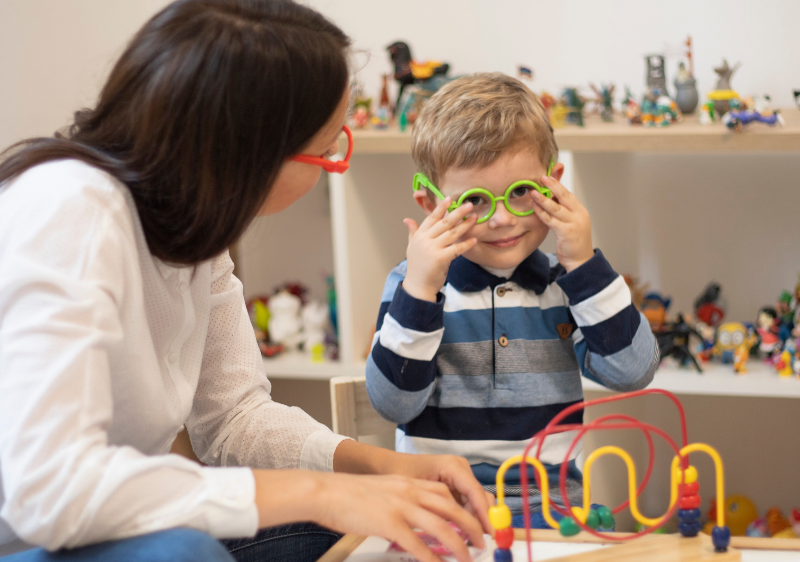
What is Play Therapy?
Enter into children’s play and you will find the place where their minds, hearts, and souls meet. – Virginia Axline
Play therapy is a therapeutic approach designed to help children express their thoughts, emotions, and experiences in a way that feels natural to them—through play. Since children often struggle to communicate their feelings verbally, play therapy provides a safe and supportive environment where they can process their emotions using toys, art, stories, and imaginative play.
How is Play Therapy Useful?
Play therapy helps children:
- Express EmotionsThrough play, children can communicate feelings they may not have the words for, such as fear, sadness, anger, or confusion.
- Process Loss and BereavementPlay therapy provides a gentle way for children to explore grief, understand their feelings of loss, and find comfort in a way that makes sense to them.
- Develop Healthy Coping StrategiesIt helps children manage stress, anxiety, and overwhelming emotions by giving them tools to express and regulate their feelings.
- Improve Communication SkillsPlay therapy encourages self-expression and helps children find new ways to communicate their needs, thoughts, and feelings with others.
- Work Through Trauma and Difficult ExperiencesWhether a child has experienced separation, family changes, abuse, or medical challenges, play therapy allows them to process these events in a safe and supportive space.
- Enhance Social and Relationship SkillsRole-playing and interactive activities help children learn problem-solving, empathy, and how to navigate friendships and family relationships.
- Build Confidence and ResilienceThrough creative expression and guided play, children gain a sense of mastery and self-worth, helping them feel more in control of their world.
Who Can Benefit from Play Therapy?
Play therapy is particularly beneficial for children experiencing:
✔ Loss, grief, or family separation
✔ Anxiety, stress, or low self-esteem
✔ Behavioral difficulties or emotional dysregulation
✔ ADHD, neurodiverse profiles, or sensory processing challenges
✔ Trauma or difficult life experiences
✔ Social difficulties, bullying, or struggles with making friends
Play therapy creates a safe space where children feel accepted, understood, and supported,
allowing them to heal, grow, and develop in a way that feels natural to them.
What to Expect in Therapy
Fertility counselling offers a warm, supportive space where emotions can be explored openly. Sessions focus on understanding your experience, developing coping strategies, and providing the tools needed to navigate the emotional impact of fertility challenges. Whether you are just beginning your journey, in the middle of treatment, or coming to terms with a different outcome than expected, fertility counselling can offer comfort, clarity, and strength.
What my clients say…
Testimonials
If you need anymore information please contact me
Frequently Asked Questions
What is play therapy?
Play therapy is a form of counseling that leverages the natural way children learn
about themselves and their relationships in the world around them. It helps children
express their feelings more easily through toys instead of words.
How do I prepare my child for play therapy?
I recommend giving your child simple, honest information about play therapy. You might say that they’ll be meeting with a play therapist whose job is to help children with their big feelings. If your child already knows they’re finding something difficult, you can gently explain that play therapy can be a really helpful way to work through those challenges.
What is my role as a parent in play therapy?
Parents play a vital role in the play therapy journey. Before I meet your child, we’ll have a one-to-one conversation where you can share any worries, concerns, or hopes you have. This gives us a chance to connect, and for me to learn more about your child and family.
After around eight sessions, we’ll meet again for a review. This is a special time to reflect on what’s been happening in therapy, celebrate your child’s progress, and explore simple ways you can support their growth at home.
When parents are involved, therapy becomes even more powerful — helping the changes your child is making in the playroom take root and blossom in everyday family life.
How long does play therapy take?
Each play therapy session usually lasts about 45 minutes and is typically held
weekly. Research suggests that it takes an average of 20 play therapy sessions to
resolve the problems of the typical child referred for treatment. However, some
children may improve faster, while more serious or ongoing problems may take
longer to resolve.
Is Therapy Totally Confidential ?
Counselling and psychotherapy is a totally confidential service in almost all
situations. However it is important to point out that in certain circumstances ethical
and legal obligations must be considered, such as the Child Protection Act protects
the rights and welfare of children and minors. The therapist will fully explain
confidentiality to you in the first session.
About Consent.
Both parents/guardians must provide consent before an initial
consultation takes place.
Karen adheres to the National Consent Policy of TUSLA. For further
information on these policies, please visit:
http://www.tusla.ie/uploads/content/NationalConsentPolicyPart2.pdf
Can I Claim Therapy Sessions Through My Health Insurance?
Clients are advised to check with their health insurance provider before beginning
therapy sessions to confirm eligibility for reimbursement, as coverage varies by
provider and plan.
Cancelation Policy
KC therapy requires at least 24 hours for cancellation. Failure to
cancel before this time will result in being charged in full for the
session.
Fill out the form below or feel free to email or call
Contact Me
Address
Details
Email: kctherapy.ie@gmail.com
Phone: +353 863998749

